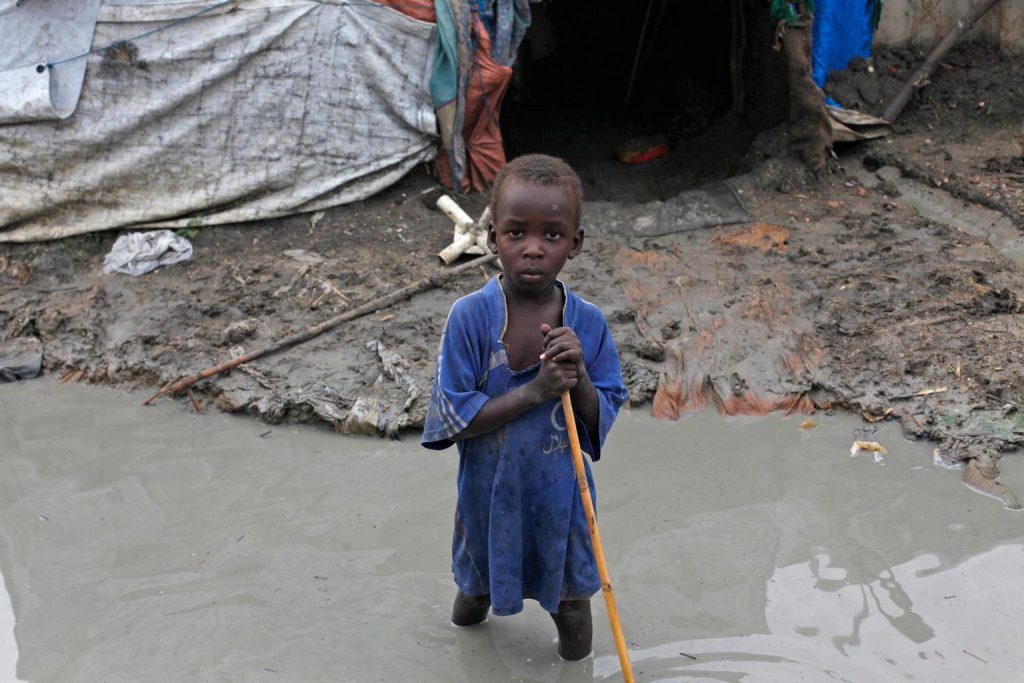Cholera (Vibrio cholerae) is endemic in southern Africa and frequently breaks out in epidemics along the eastern seaboard. Extensive resources are directed at combating cholera yet it remains a significant problem. Limited resources could better be directed to prevent outbreaks if it were possible to assess the risk of an outbreak in space and time. The CSIR in South Africa is investigating technologies to predict health risk in line with national priorities. This paper describes an early warning GIS prototype tool aimed at identifying favourable preconditions for cholera outbreaks. These preconditions were defined using an expert system approach. The variables thus identified were input into a spatial fuzzy logic model that outputs risks.
The model is based on the assumption that endemic reservoirs of cholera occur and that environmental conditions, especially algal blooms, trigger Vibrio growth in the natural environment. If the preconditions are met, the subsequent spread of cholera depends mainly on socio-economic factors such as human behaviour and access to safe water supply and sanitation. This paper focuses on the environmental preconditions. The methodology described relies on capturing expert knowledge and historic data that integrate climatic and biophysical parameters with epidemiological data to produce a fuzzy surface of cholera outbreak risk potential.



